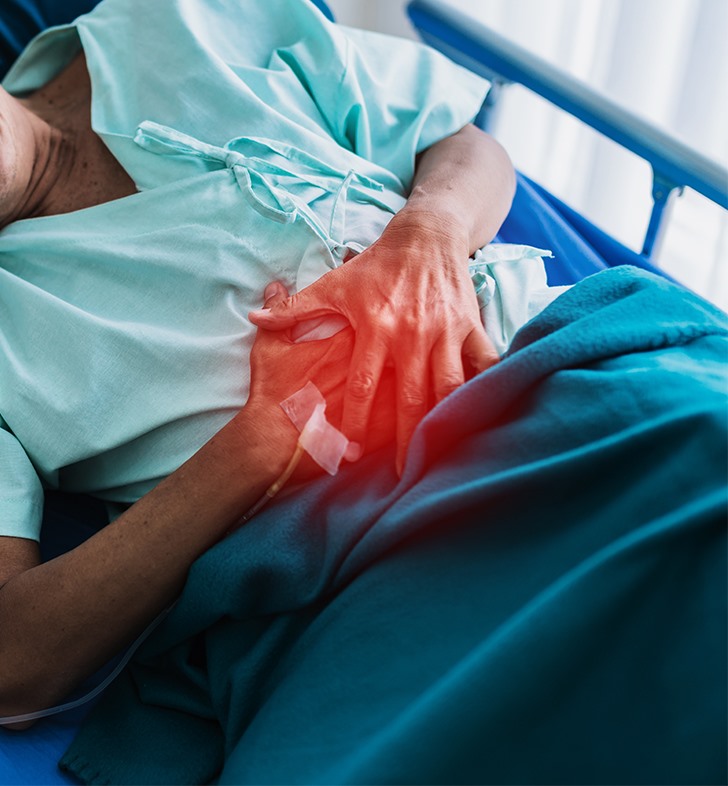
Biliary Atresia
What is biliary atresia? Biliary atresia is a condition in newborn babies in which bile is blocked from moving from the liver to the small intestine. Bile is a substance that is made and released by the liver. From the liver, it moves through a network of tube-like structures called bile ducts to the small intestine, where it helps the body break down and absorb food. In children who have biliary atresia, the bile ducts are blocked because of damage and scarring. As a result, bile can’t flow to the small intestine. Instead, it builds up in the liver and damages it.
Who is affected by biliary atresia? Biliary atresia is a relatively rare condition (approximately 12,000 cases a year in the United States).
What are the causes of biliary atresia? The causes of biliary atresia are not known, but may include: Inflammation (swelling) and scarring caused by problems with the immune system Infection by a virus Exposure to harmful chemicals Mutations (changes) in the genes. (Biliary atresia is not inherited from the baby’s parents.)
What are the symptoms of biliary
atresia?
The first sign of biliary atresia is
jaundice (skin and eyes appear yellow), a condition in which there is too much
bilirubin in the blood. Bilirubin is a substance produced when red blood cells
break down. Although most newborns have some degree of jaundice in the first
week of life, if it is still present after two weeks, it should be checked out
by a doctor.
Other signs and symptoms of biliary
atresia include:
- Light beige stools (Normal stool
color for infants is yellow, green or brown.)
- Dark brown urine
- A swollen belly (as the liver and
spleen grow)
- Difficulty gaining weight
- Ascites (fluid in the belly)
- Liver failure after several months
if the biliary atresia is not treated
How is biliary atresia diagnosed?
To diagnose biliary atresia, the
doctor will take the baby’s medical history and perform a physical examination.
A pediatric hepatologist, a doctor who specializes in working with children who
have liver diseases, may also order certain tests, including:
- Blood tests to check the levels of
bilirubin and to look for signs of liver damage
- Ultrasound, a procedure that
transmits high-frequency sound waves through body tissues. The echoes are
recorded and transformed into images of the internal structures of the body.
- Liver biopsy (the removal of cells
or tissue from the liver for examination)
- Hepatobiliary scan, in which a
radioactive substance (tracer) is injected into the bloodstream. If the tracer
is not excreted through the liver, the patient may have biliary atresia.
- Cholangiogram, a procedure in which
dye is injected into the gallbladder to see if it has a main bile duct. If it
does not, the doctor can diagnose biliary atresia.
How is biliary atresia treated?
There is no cure for biliary
atresia. The main treatment is a surgery called the Kasai procedure. In this
surgery, the surgeon removes the damaged bile ducts from outside the liver and
replaces them with a piece of the patient’s small intestine. The small
intestine will then drain the liver directly to the small intestine.
This surgery is successful in most
cases of biliary atresia. However, if it is not successful, the child will
likely need a liver transplant. The child may need a liver transplant even if
the surgery is successful, depending on when the surgery is performed.
What are the risks of surgery for
biliary atresia?
- Bleeding
- Cholangitis (infection of the bile
ducts and liver)
- Hole in the intestine, which can
cause a leakage of the intestinal contents into the belly
- Blockage of the intestine caused by
scarring